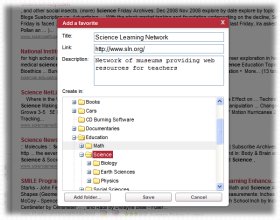|
Education
Web
Viewing 1-1 of 1 total results
for-profit private sector are involved in unnecessary procedures, such as high rates of caesarian sections, unwarranted tests and surgeries (W orld Bank 2004). In the water sector, regulators are usually unable to com pel firm s to disclose inform ation about perform ance or prices. Yet witho...
1
0
for-profit private sector are involved in unnecessary procedures, such as high rates of caesarian sections, unwarranted tests and surgeries (W orld Bank 2004). In the water sector, regulators are usually unable to com pel firm s to disclose inform ation about perform ance or prices. Yet without such data, it is not possible to verify, for exam ple, if cost-based tariff increases are justified. In G abon, the regulator found it difficult to m onitor the activities of the private operator: “In the absence
16
0
http://www.undp-povertycentre.org/pub/IPCWorkingPaper22.pdf#page=16
www.undp-povertycentre.org/pub/IPCWorkingPaper22.pdf#page=16
for-profit private sector are involved in unnecessary procedures, such as high rates of caesarian sections, unwarranted tests and surgeries (W orld Bank 2004). In the water sector, regulators are usually unable to <span class="highlight">com</span> pel firm s to disclose inform ation about perform ance or prices. Yet without such data, it is not possible to verify, for exam ple, if cost-based tariff increases are justified. In G abon, the regulator found it difficult to m onitor the activities of the private operator: “In the absence
35
0
http://www.undp-povertycentre.org/pub/IPCWorkingPaper22.pdf#page=35
www.undp-povertycentre.org/pub/IPCWorkingPaper22.pdf#page=35
term s of quantity of docum entation, but in term s of accessibility to regular citizens. Contrary to popular slogans, inform ation is not always power. Service providers that do not wish to be scrutinized m ight respond to inform ation requests by dum ping m ountains of data on the public, which can confuse or intim idate citizens and m ake action difficult. Inform ation about utilities in its purest form – raw data – will not be <span class="highlight">com</span> prehensible to m ost people. Efforts to synthesize, abridge and
|
